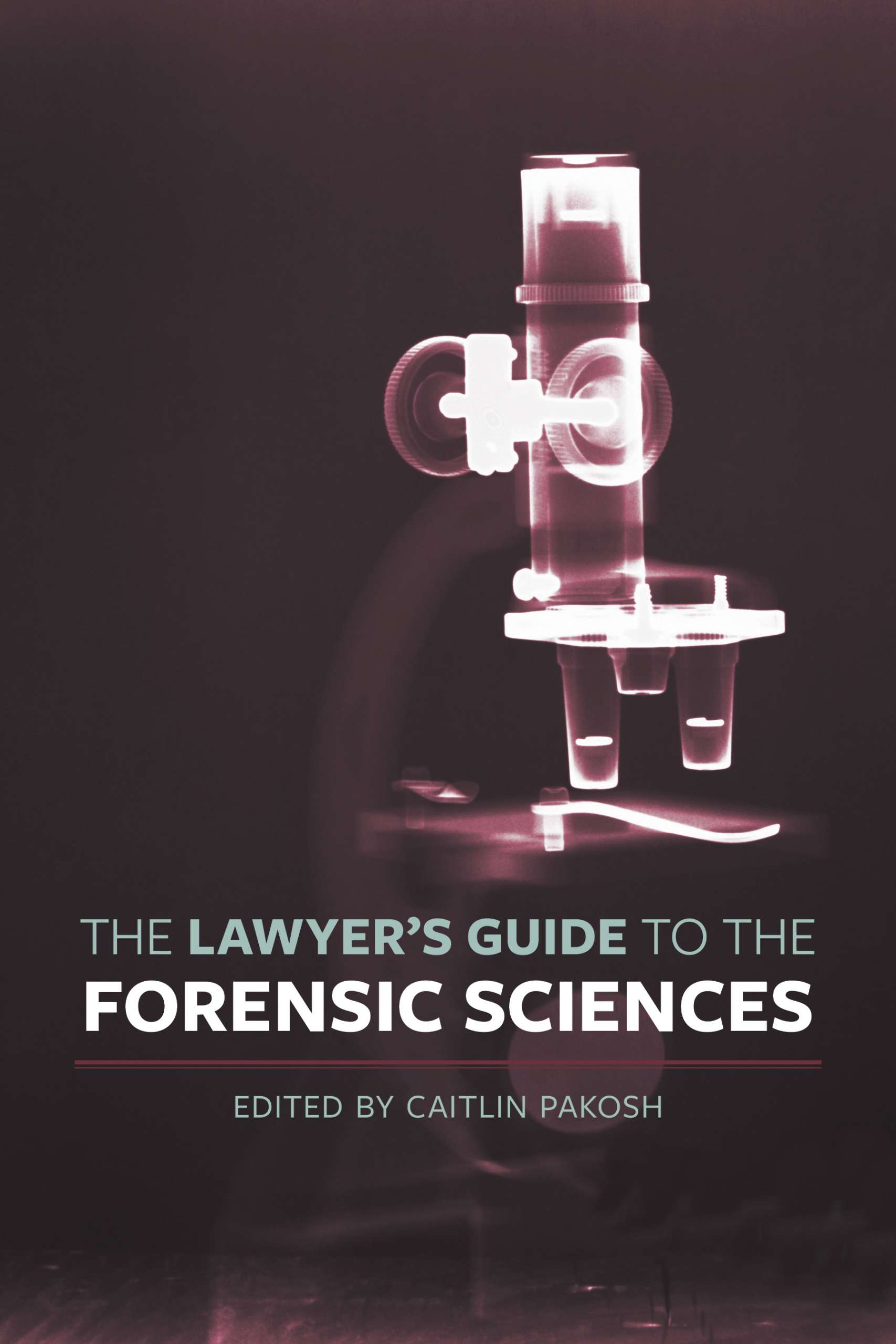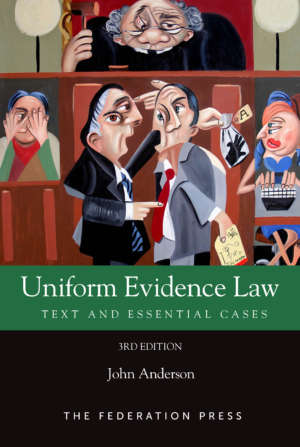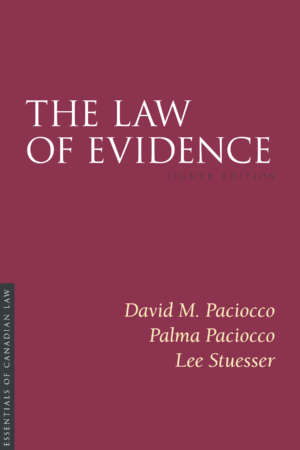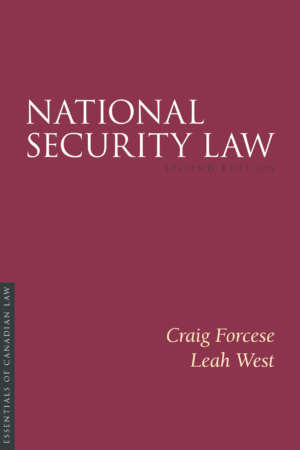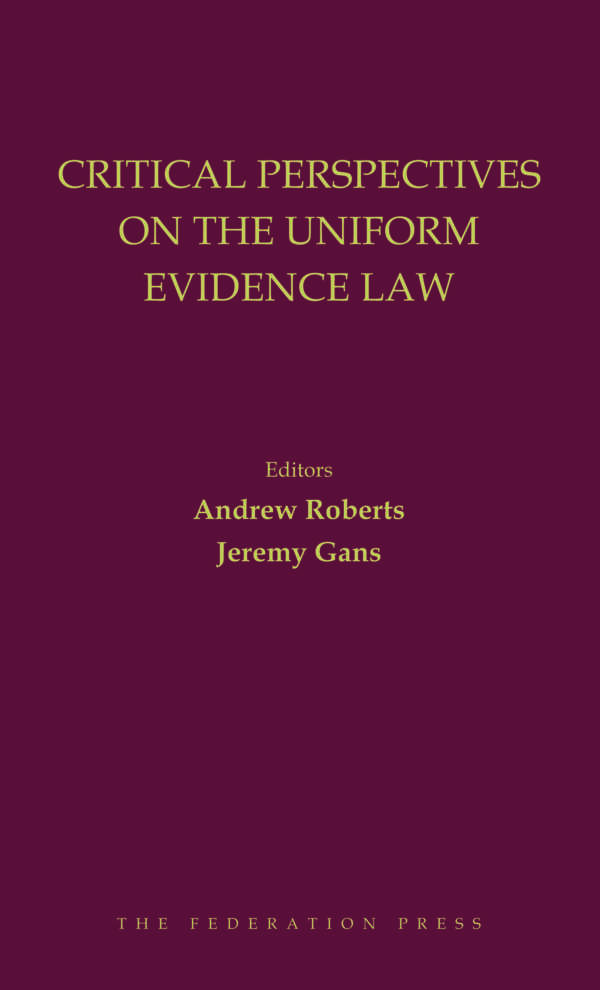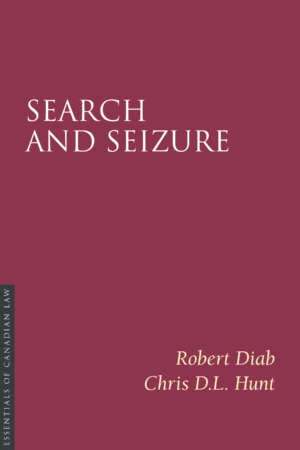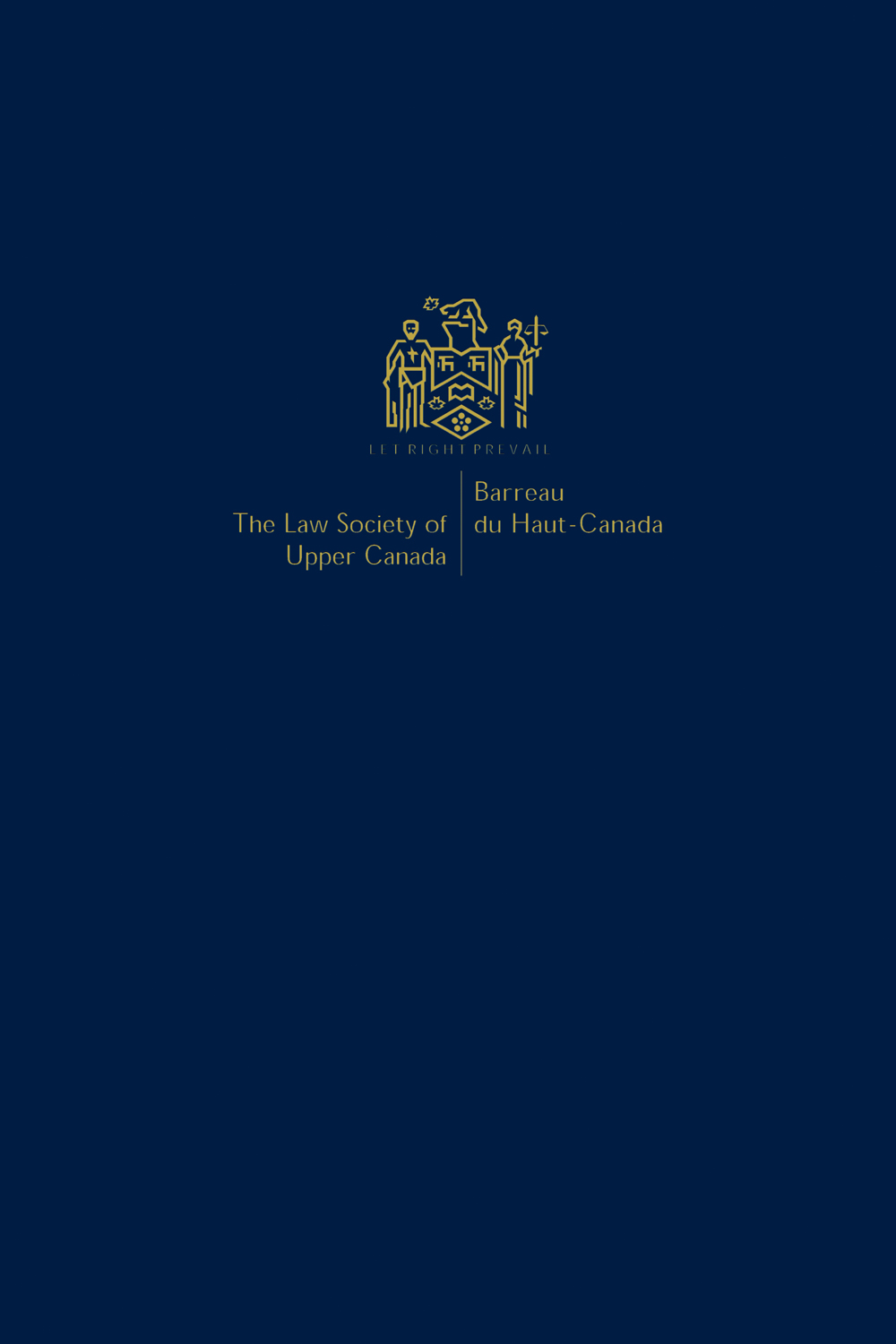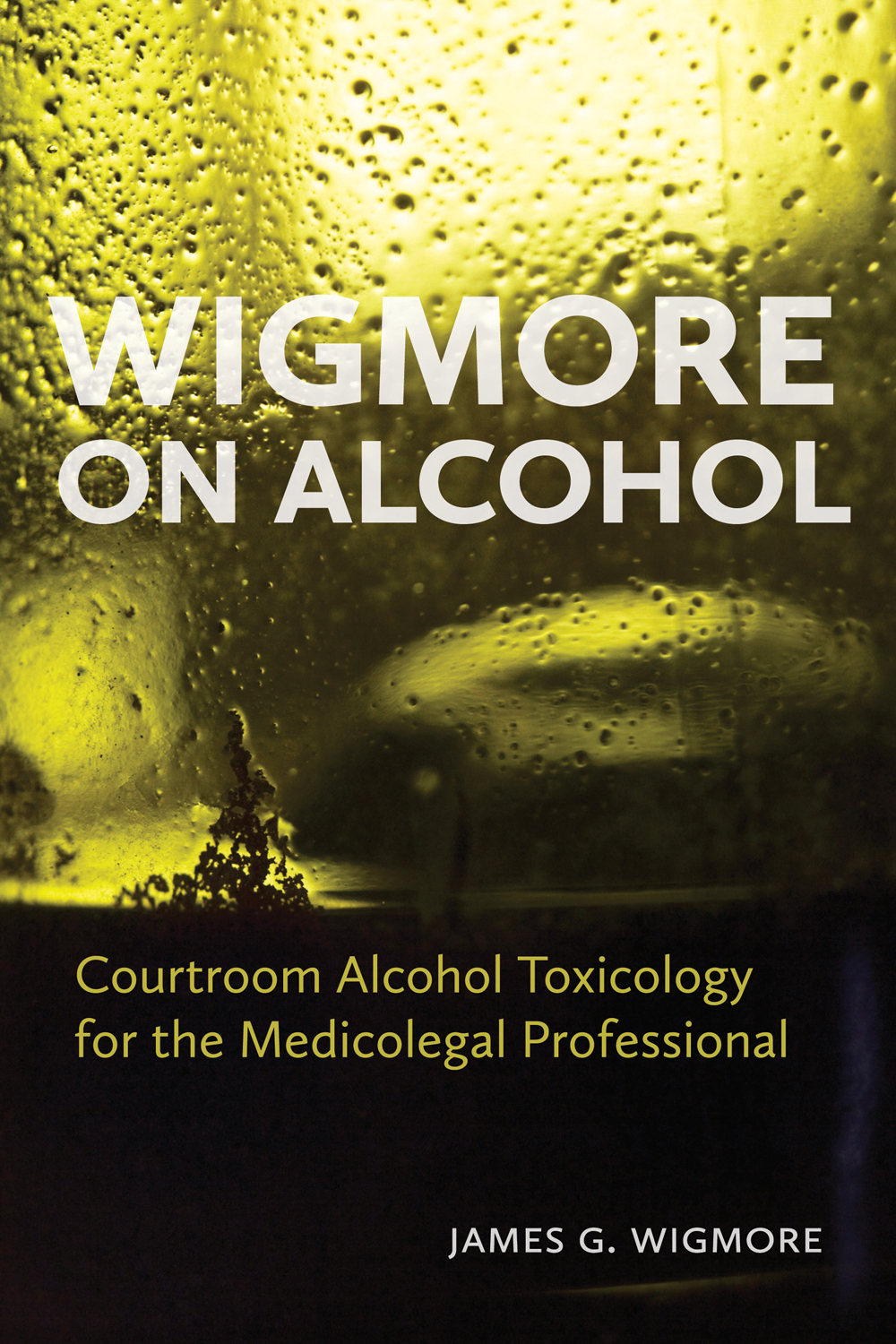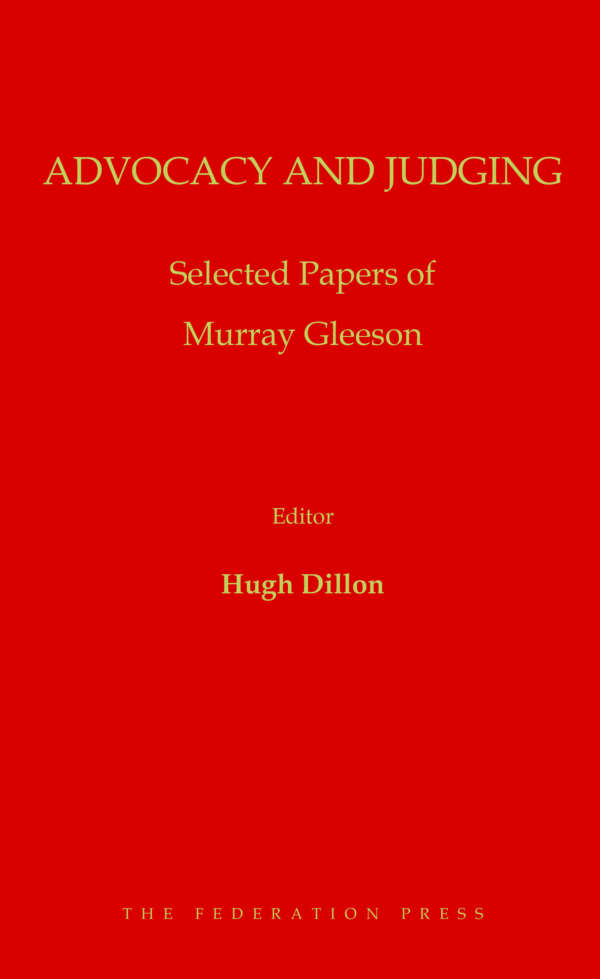Product Description
The Coroners Court presents unique and complex challenges for coroners, lawyers and others working in the jurisdiction, as well as for bereaved families and friends.
This new manual, written by a leading Australian coroner and an academic lawyer with a special interest in the cultural diversity of death rites and customs, provides practical guidance not available in any other single publication in Australia and New Zealand.
The authors address the problems of:
Identifying deaths reportable to coroners and the over-reporting of natural deaths
Deciding the most appropriate, least invasive ways of conducting post mortem medical investigations
Dealing with objections by next of kin to autopsies
Responding sensitively and reasonably to the grief and concerns of the bereaved
Understanding and accommodating the diversity of death customs and funeral rites in a multicultural society
Selecting cases for inquest
Managing the coronial investigation and the inquest
Working with investigators and Counsel Assisting
Analysing accidents, human error and systems failure
Developing expertise in a wide range of technical issues
Focusing the inquest on death prevention and improving public health and safety.
A key feature of the manual is a collection of checklists, models, tools to aid decision-making and other practical resources that all coroners and practitioners in the jurisdiction will find invaluable, including thoughtful exercises for those new to the jurisdiction.
The authors also provide tips for advocates working in the jurisdiction either as Counsel Assisting or representing families or interested parties.


